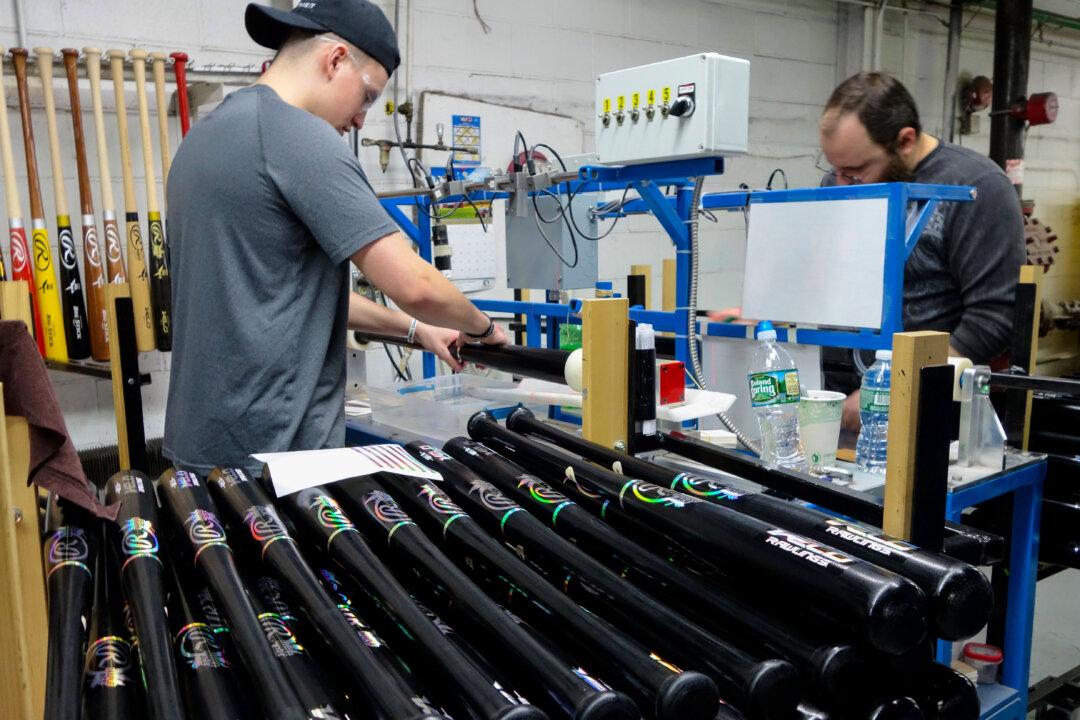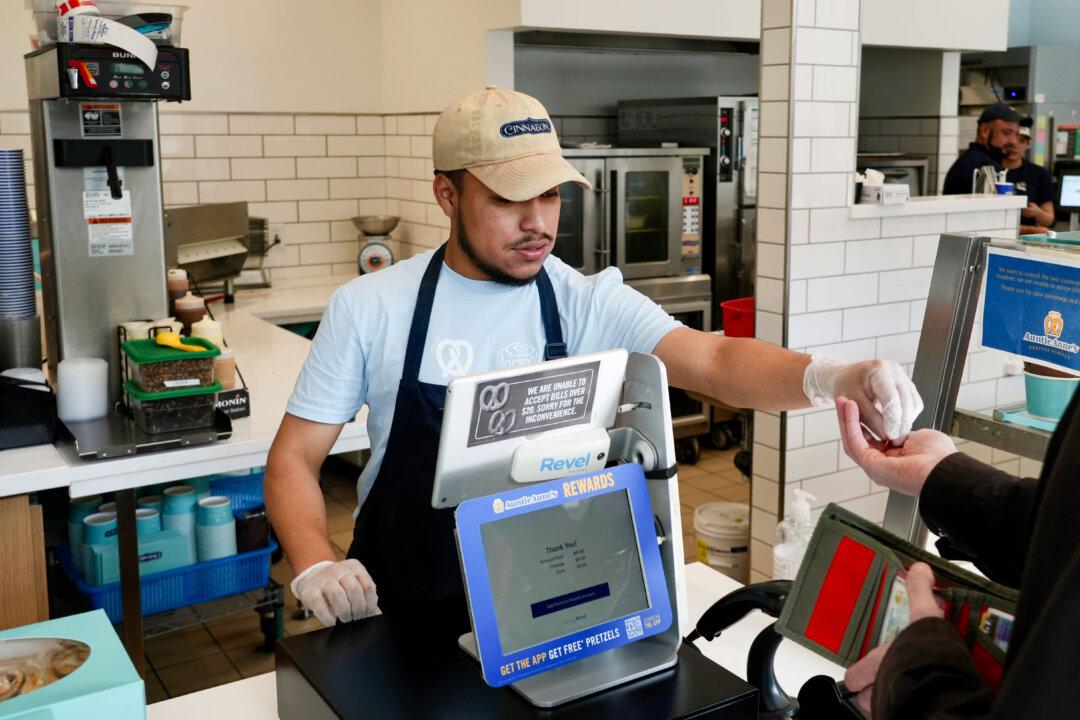Looking at an extended life span with limited retirement money and a willingness to show their relevance in the workplace, baby boomers have decided to stay at or go back to work.
As an example, although much has been discussed regarding how younger generations adapt to the office, according to the Pew Research Group, the fastest-growing demographic in the workforce is people 75 and older.





